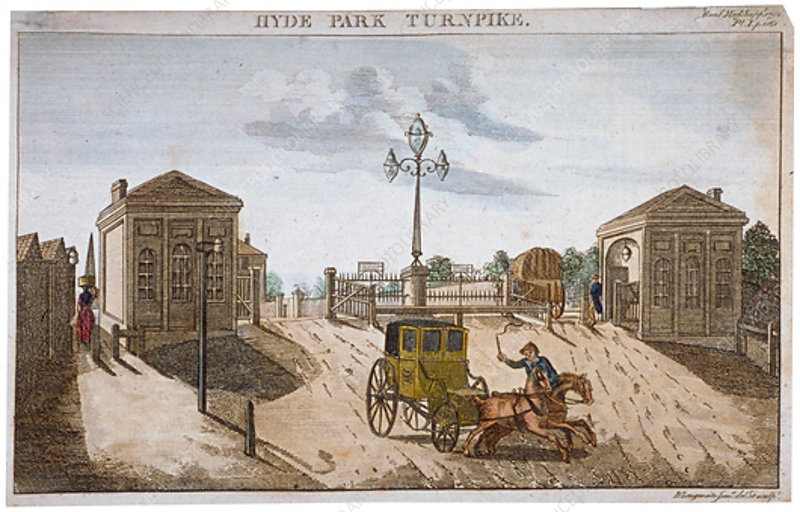Earlier this month there was considerable discussion on the ARCAN and the Archives & Archivists listserves about which photo sharing/hosting sites can best serve the needs of archival institutions. Despite all the chatter there was little consensus on what hosting site was ideal for archival organizations.
Many cultural heritage groups are looking for affordable solutions to making their collections more accessible to the general public. There are numerous options available but no clear winner has come across as an ideal image hosting site.
The current forerunners of the free or low cost image sharing options include:
Flickr
There are three different account options available to organizations using Flickr; the free account, a professional account, and a Flickr commons account. All three accounts have the ability to include metadata in photograph tags and include photo descriptions. Users also have the option of limiting access to photographs or making them available to everyone. Organizations can organize photographs into collections, overlay photographs on maps, and include copyright statements.
Flickr Free Account
-Upload limit of two videos and 300MB worth of photos each calendar month.
-Only small compressed images are available to you and to the public
-Does not store high-resolution originals for you.
-Only the 200 most recent photographs will be displayed. Continue reading

 by David Zylberberg
by David Zylberberg



